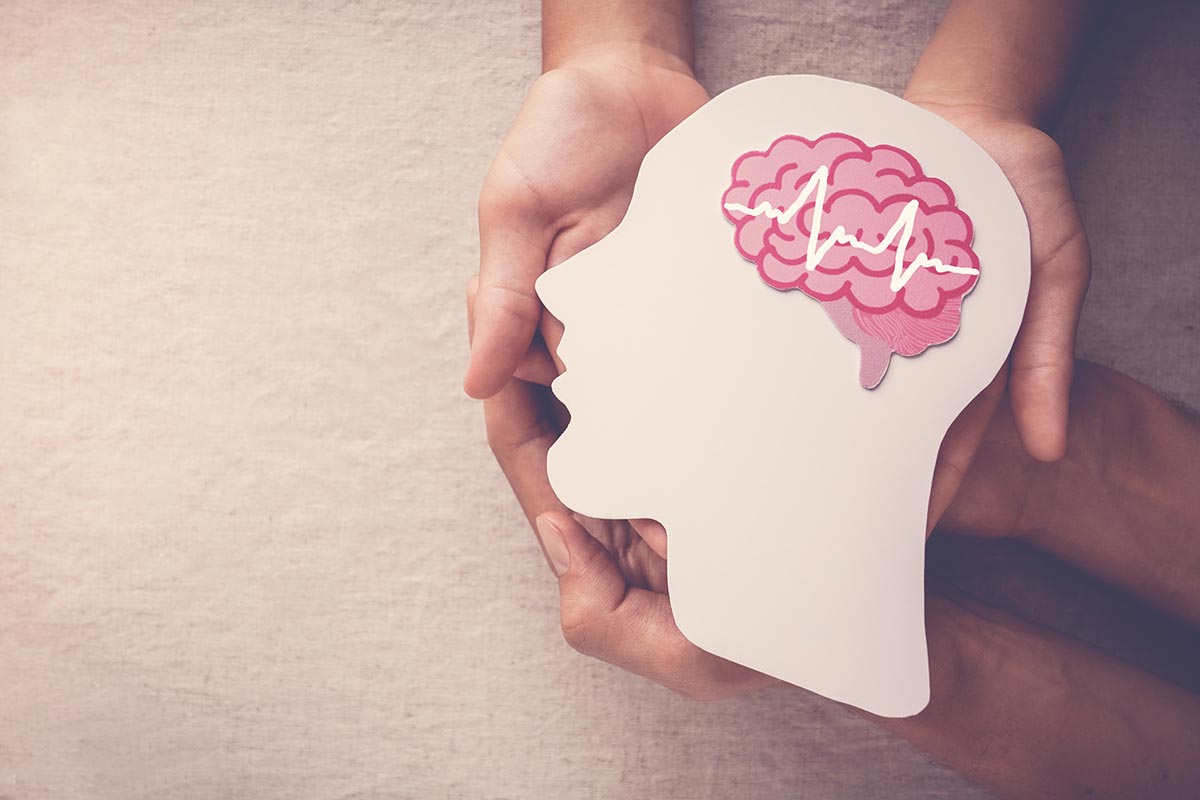
The Negative Effects of Stress on Physical and Mental Health
The Negative Effects of Stress on Physical and Mental Health
Are you going insane from stress? You'll be surprised at how damaging it is to your physical health as well. Stress is a normal part of life and can be caused by a variety of factors such as a job, personal relationships, or financial difficulties. While some levels of stress can be energizing and inspiring, chronic or long-term stress can be detrimental to one's physical and mental health. Continue reading to learn about its negative effects on the mind and body.
Physical health and stress
Stress has a number of physical effects on the body. Stress symptoms include headaches, muscle tension or pain, chest pain, exhaustion, an upset stomach, and recurrent colds or infections. Furthermore, long-term stress can have more negative physiological effects, such as the following:
Chronic stress increases the risk of cardiovascular disease, high blood pressure, and stroke. It can also aggravate pre-existing cardiovascular disorders. Under stress, the body releases stress hormones such as adrenaline and cortisol, which can raise blood pressure, cholesterol levels, and heart rate. As a result of these changes, the heart and blood vessels may be subjected to increased stress, increasing the risk of heart attacks, strokes, and other cardiovascular conditions.
Digestive problems: Stress can cause digestive problems such as diarrhea, bloating, and stomach pain. Furthermore, it may aggravate conditions such as irritable bowel syndrome (IBS). The digestive system can be affected by a variety of factors, including decreased blood supply to the digestive tract, slowed digestion, and increased muscle stress. These changes can cause diarrhea, bloating, and stomach pain, among other digestive symptoms.
Sleep problems: Stress can disrupt sleep patterns, resulting in insomnia or difficulty falling asleep. Stress hormones may disrupt the body's regular sleep-wake cycle, making it more difficult to fall or stay asleep. Stress can also cause frantic thoughts or worry, making it difficult to relax and sleep.
Immune system compromise: Chronic stress can weaken the immune system, making a person more susceptible to infections and illnesses. Stress hormones can suppress the immune system, making it less capable of fighting disease. Furthermore, stress can trigger bad habits such as smoking, drinking, and eating poorly, further weakening the immune system.
The psychological effects of stress
Stress can have a variety of mental and emotional consequences on a person. Stress symptoms include restlessness, difficulty concentrating or remembering things, irritation or hostility, and feelings of helplessness or hopelessness. Chronic stress can also lead to more serious mental health problems, such as:
Anxiety: Anxiety symptoms such as worry, fear, or panic can be triggered by stress. Stress activates the body's "fight or flight" response, which can result in symptoms such as racing thoughts, rapid breathing, and an elevated heart rate. These symptoms can be distressing and interfere with daily activities.
Depression: Prolonged stress can aggravate or contribute to the development of depression. Stress can disrupt neurotransmitters involved in mood regulation, such as serotonin and dopamine. Stress can also lead to negative thought patterns, which can exacerbate depression symptoms.
Stress can impair cognition and memory, making it difficult to focus and complete tasks. Stress hormones can impair the brain's ability to process and remember information, making it more difficult to concentrate and recall information. Anger, impatience, and other mood swings can be triggered by stress. Stress hormones can influence brain chemistry, which can affect mood and behavior.
How do you deal with stress?
Maintaining physical and emotional well-being necessitates effective stress management. The following are some stress-reduction techniques to try:
Exercise: Regular exercise can help reduce stress and improve overall health. Endorphins, which are hormones that can improve mood and reduce stress, are released during exercise.
Methods of relaxation: Yoga, meditation, and deep breathing can all be used to relax the body and mind. These techniques can help to reduce bodily tension and promote mental calmness.
Setting boundaries and prioritizing chores can help you feel less stressed. One can reduce their stress by planning their time and putting limits on their responsibilities.
Support from others: It may be beneficial to connect with friends and family as well as seek help from a mental health professional in order to manage stress. Talking about stress with someone can make you feel less alone and more supported.
Healthy living strategies include eating a balanced diet, getting enough sleep, and taking breaks. Taking care of one's physical health may make one feel better in general and reduce stress.
It is critical to identify the most effective coping mechanisms for individuals and to prioritize self-care. Finding ways to manage stress and maintain general well-being is worthwhile because maintaining good mental health is just as important as maintaining good physical health. Chronic stress symptoms include persistent headaches, difficulty sleeping, changes in appetite, attention problems, and feelings of overload or unease. If you are experiencing any of these symptoms, it is critical that you seek the advice of a medical or mental health professional. They can help you identify the root causes of your stress and develop appropriate coping mechanisms.



0 comments